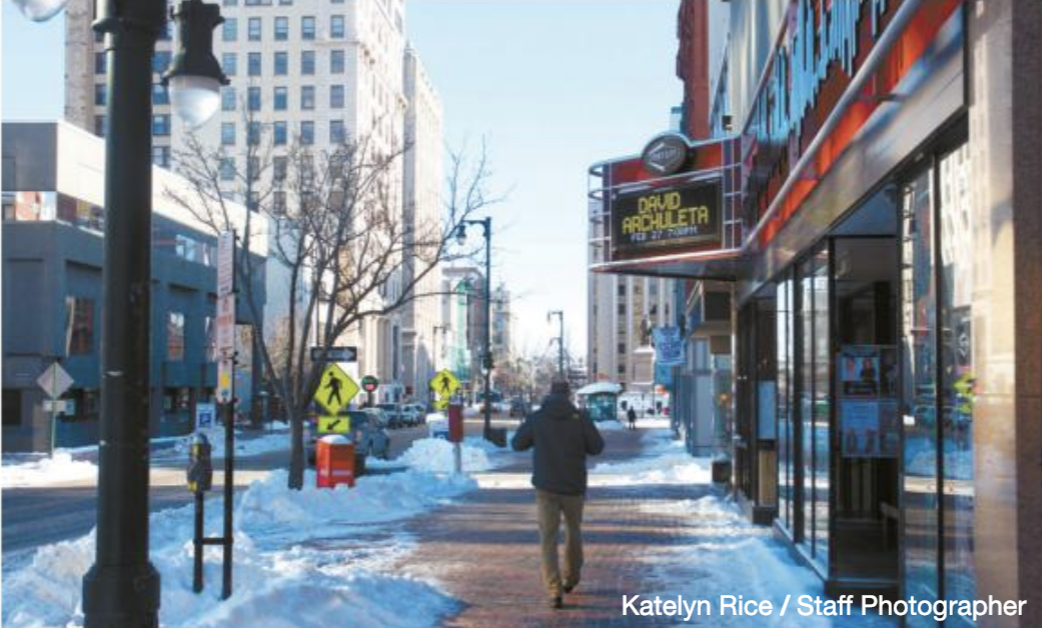Samantha Hallowell, Contributor
Over the past few years, the world has witnessed several unspeakable tragedies, targeting concertgoers and musicians alike. In Nov. of 2015, 89 people were killed at an Eagles of Death Metal concert at The Bataclan in Paris, France. In 2016, former contestant of The Voice and YouTube personality, Christina Grimmie was gunned down while signing autographs after her show in Orlando, FL. In 2017, we mourned the loss of those killed in the attacks at the Route 91 Harvest Music Festival in Las Vegas, NV, and at an Ariana Grande show at the Manchester Arena in the UK.
For many, live music is often a form of escapism. They shed the stresses and trivial experiences of the day when they catch a glimpse of a band’s tech setup on a dimly lit stage. The strangers around them become friends as they wait for the artist of the night to emerge from side stage. They swap Twitter handles and brief backstories, and maybe take a few excited selfies for our Snapchat stories. When their band emerges, the room is electrified. A wave of pure delight and exhilaration crashes over them and they’re ready to listen, to enjoy, to sing at the top of our lungs and dance with reckless abandon.
Something that most people don’t actively think about while this pre-show ritual occurs, is personal safety. Most well-prepared concertgoers make sure that their purses are close to them and out of sight, and that the cap on their water bottles are screwed on tight, but they’re not consciously scanning the crowded room for potential threats. They know that the security guards are doing this for them, so they can relax a little more.
In the wake of the unspeakable tragedies around the world, people are frightened of an activity that combines music and community. While Portland, Maine might not be as high-profile as Paris or Las Vegas, it’s not immune to such disastrous circumstances. Nevertheless, fans still attend concerts. They still let their guards down and enjoy shows, without worrying about the potential of an impending attack. Venue staff know that safety isn’t on everybody’s mind, so they have to be a watchful eye to keep threats at bay.
Ken Bell, owner of the Portland House of Music and Events located at 25 Temple St. in Portland, opened his doors in late May of 2015. This small venue provides a place for Maine musicians to share their music and connect with a community who are eager to listen.
When asked if he and his team have increased security since the events around the world, he said that it’s their job to be alert and on the lookout for threats in the venue, especially because there is alcohol being served. They also staff more security on busier nights.
“I’d love to think we have a track record of doing things well already… already our job, number one, is public safety,” Bell said.
According to Bell, he hasn’t noticed a decline in event attendance or ticket sales.
“I think people realize that they need to keep on living,” he stated, “and I think that’s the only thing we really can do.”
It’s unhealthy to live lives in constant fear or worry that something bad might happen. When it comes to a live music experience, music lovers have their ability to let their hair down and enjoy the energy of a show, because venue owners like Bell and their teams are looking out for concert goers.
“I think music brings people together… people use music as an outlet to spread love and to share comradery and feel closer. So, I think people have used this to band together and support each other,” said Bell.
No matter what unspeakable events happen, people will support one another through hardship. Music is a powerful force that binds them together, and that connection is what keeps people going back to the box office.

